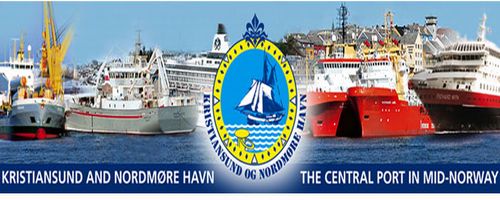
Associate Professor, Hans Morten Haugen, on a conference on Corporate Social Responsability in Norway, elaborated on how Norwegian importing firms relate to the advice of the Norwegian government to abstain from Western Sahara trade, and how they omit the proper due dilligence on human rights.
The working paper Norwegian authorities advice on Western Sahara and Norwegian vessels' complicity in human rights violations: fish oil and phosphates from Western Sahara was presented at the conference Towards Sustainable Companies: Identifying New Avenues, Department of Private Law, University of Oslo, 29-30 August 2011.
The working paper can be downloaded from this page.
Abstract.
Based on Western Sahara's status as a non-self-governing territory and the rights of peoples in such territories over their natural resources, the article analyzes the Norwegian policy on Norwegian business enterprises relating to Western Sahara. In addition to relevant treaties and resolutions, the article will assess the scope of the revised OECD Guidelines for Multinational Enterprises and the UN Guiding Principles on Business and Human Rights, both adopted in 2011. In both the OECD and UN non-binding standards, enterprises are asked to undertake a human rights due diligence and to prevent adverse human rights impacts that are directly linked to their operations, products or services by their business relationships. While the fact that Norway has listed Western Sahara as an exceptional case in its 2009 White Paper on CSR, and made available an explicit 'dissuasion', the text of this dissuasion is far from perfect. First, the text does not refer to international law, but rather refers to the 'situation' in Western Sahara. Second, the central feature of the text is whether or not the economic activities promotes the “interests of the local population”, rather than the rights and wishes of the peoples of the non-self-governing territory of Western Sahara. The statement, policies, rejections and secrecy of specific Norwegian companies are also analyzed, showing that some of these companies simply chose to ignore the impact of their conduct toward the original peoples (the Saharawis) even if there will be some Saharawis who have substantial financial benefits. This is in clear contradiction to the duty to undertake human rights due diligence and to prevent negative human rights impact resulting from their operations, as specified in the OECD and UN standards.
NY Check new Western Sahara poster!
“Try to Visit Western Sahara”…
The Security Council fails Western Sahara and international law
On 31 October 2025, a new resolution was adopted in the UN Security Council calling on the Saharawis to negotiate a solution that would entail their incorporation into the occupying power, Morocco.
Saharawis Demonstrate Against Trump Proposal
The United States has proposed in a meeting of the UN Security Council on Thursday that the occupied Western Sahara be incorporated into Morocco.
Skretting Turkey misled about sustainability
Dutch-Norwegian fish feed giant admits using conflict fishmeal from occupied Western Sahara. Last month, it removed a fake sustainability claim from its website.



